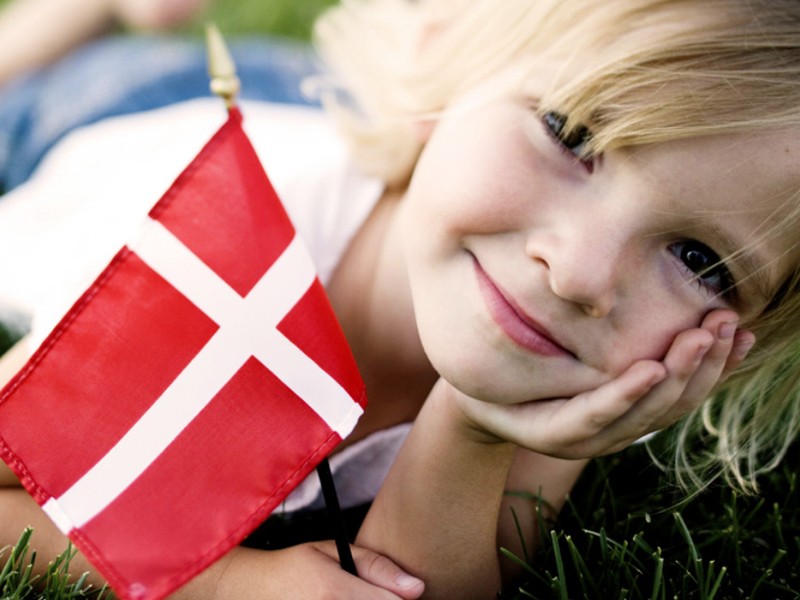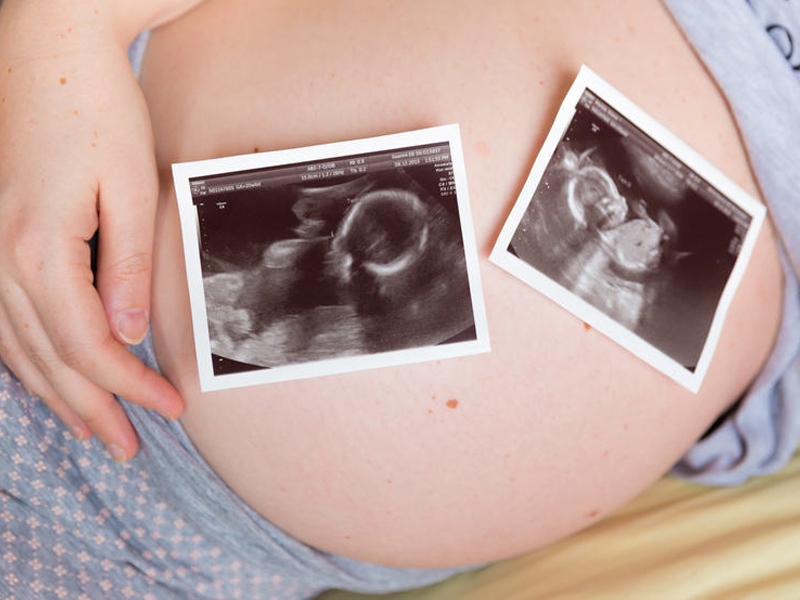Surrogacy in Denmark
09.10.2020
Category:

In this article:
Denmark is a leading country in terms of the number of children born as a result of assisted reproductive technologies (about 10% of the total number of babies). But with surrogacy, things are not as good here as with IVF. Let’s explain why.
Features of legislation

The first IVF baby was born here in 1983. Denmark is in second place after Israel in terms of the number of IVF protocols.
In 1997, a law was passed prohibiting IVF, as well as the use of donor sperm for single girls and lesbian couples. The adoption of the law caused many controversies and protests.
In 2007, a new “law on artificial insemination” was adopted, which allowed funding of IVF programs for all, regardless of orientation and marital status.
IVF programs are funded from the budget. At the same time, the state controls citizens ‘ access to the IVF procedure. The criteria for selecting married couples are not publicly available anywhere. It is known that IVF for infertility treatment can be used by couples who “can become suitable parents for the child”.
At the same time, women who are over 40 years old, IVF is no longer paid by the state, and those who are over 45, can not use the method of artificial insemination, even in private.
In Denmark, “Cryos International” operates – the world’s largest sperm Bank, which is used by patients from all over the world.
Despite this liberalization of laws in the field of reproductive technologies, the commercial format of surrogacy is prohibited in Denmark. Surrogate motherhood is allowed only if the surrogate mother is ready to give her own child to a childless couple without financial remuneration. Only a few people can decide to take this step. for this reason, it is almost impossible to find a surrogate mother in Denmark, so Danes often go to the United States, Mexico or Ukraine in search of a surrogate mother.
What is the situation with surrogacy in the Netherlands, Belgium and England?
Netherlands
Advantages:
- in the Netherlands, surrogacy is allowed, but only on a non-commercial basis.
Disadvantages:
- there is no clear legal framework for regulating surrogacy,
- any advertising of antimony services on the territory of the state is prohibited.
Belgium
Advantages:
- surrogacy in Belgium is actively used for the treatment of infertility,
- annually international exhibitions are holded on the theme of assisted reproductive technologies.
Disadvantages:
- the sphere of surrogacy is not regulated at the legislative level.
England
Advantages:
- you can use the services of surrogates in the UK, but without paying financial remuneration,
- surrogates are legally entitled to compensation for all expenses incurred during the period of child bearing.
Disadvantages:
- since there is no financial remuneration for services of a surrogate mother, it is almost impossible to find a woman who wants to carry and give birth to a child for free,
- in England, things are very bad with adoption, it is a long and energy-consuming procedure (to become the legal parents of a native child, the couple will have to get a special “parental order”),
- only British citizens have the right to use the services of English surrogates,
- the government plans to allow children born to surrogates to receive information about their birth history in the future.
If the parents refuse the child, the surrogate mother is recognized as the legal mother, and it is not a fact that she will agree to raise him. What will happen to the baby in this case, is unknown.


